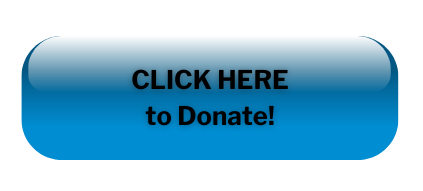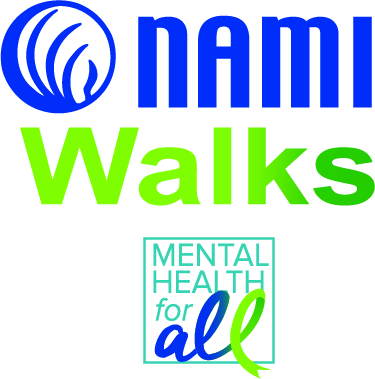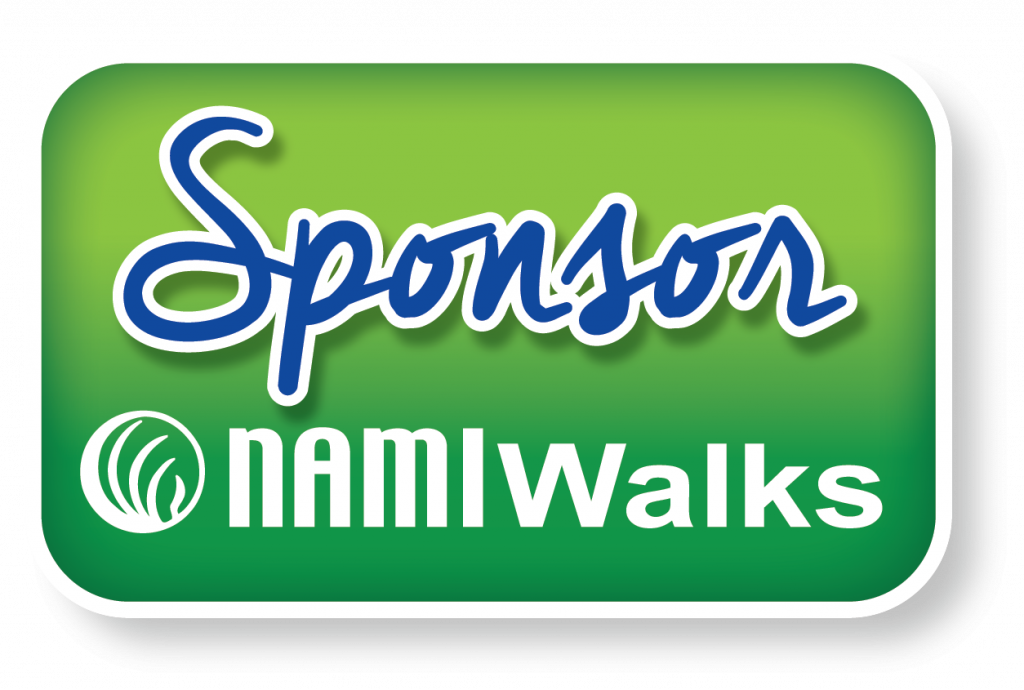It’s featured on grants, it’s advised for most participants in Fayette County Mental Health Court, and it’s on the schedule at Participation Station on a regular basis. It’s a core part of the Recovery we talk about.
But what is WRAP really?
WRAP stands for Wellness Recovery Action Plan. Mary Ellen Copeland, PhD created this method for tracking and helping herself stay well. Over time, she perfected and created a workbook for others to follow in her footsteps. More on her program here.
WRAP isn’t going to tell you how she got better. Instead, it lets you identify what makes you feel better. Define what “better” means to you. What daily things make you the best person you can be right now? What do you need to write down so you remember to do it? Those questions and more are answered within the plan.
“In my opinion, everyone needs a WRAP plan,” says our Executive Director, Phill Gunning.
He’s not joking. Everyone sets daily routines. Reminders of what makes YOU happy can make you smile even through tough times. Knowing what to do in a crisis, and having a plan in place, well that’s part of any organization’s necessities.
And a plan for handling stressors? Well everyone needs that for overall mental wellness!
WRAP is centered on a “Wellness Toolbox” — a list of coping skills and information broken into the following sections:
- Daily Maintenance Plans are the regular daily routines we all need reminded of sometimes. Things like “take a shower”, “do a load of laundry”, and other items that just keep you feeling like YOU go in this part of the plan.
- Triggers section helps you identify what sets you off — whether that’s anger, anxiety, disappointment, or miscommunication — we all have them!
- Early Warning Signs helps YOU know when your recovery is slipping backward a few steps.
- Breakdown Symptoms are those things that come into play when it’s time to see a doctor and/or therapist right away.
- Crisis Plan is where YOU are empowering yourself to handle a psychiatric crisis, but the principles apply to all crises. Who will take care of your dog if you go to the hospital? Do you have an Advanced Mental Health Directive in place? Do you know which hospital you prefer and where your insurance is accepted?
- Post Crisis Plan is the last step, and reminds you how you get back on the path to recovery. Where will you go during the day? (We hope it’s Participation Station or a Support Group, but do what works for you!)
THE NEW WRAP APP
Can’t get to Participation Station to attend a WRAP class? Not sure if WRAP is for you? Want a good planning tool, regardless of whether or not you have mental illness?
There’s a new WRAP App for most smart phones and tablets. It is now really easy to keep your WRAP with you at all times if you use the new WRAP App. Keep track of your Wellness Toolbox, a list of coping skills you enjoy and that can help you with the daily stressors we all encounter. You can also use this app to keep track of your Daily Maintenance Plan, Triggers, Early Warning Signs, Breakdown Symptoms, Crisis Plan and Post Crisis Plan. The App gives a brief overview of the different sections of the plan if you are not familiar.
WRAP classes are on Mondays and Wednesdays from Noon to 1pm and are good for brainstorming and sharing ideas with your peers.
Questions about WRAP not addressed here? Call Participation Station at (859) 309‑2856.







